
Today, I find myself mentally walking through various points in history, wondering which would be the best for a future iteration of Assassin’s Creed. As a long time fan of the franchise, the most intriguing and attractive part of the games is exploring a time and place impossible today.
The most striking in recent memory is the recreation of Baghdad for Assassin’s Creed Mirage, which is noted by scholars as an important gateway into the history of Arabic culture and invention. This idea of digital tourism is one that has fascinated me for years because as players, we get to step into worlds with an interactivity not found in other mediums of entertainment. Of course, there are books, and films, but with the right focus on culture, art, and technology, we can see long past periods in detail. For example, we can walk the recreated corridors of monumental pieces of architecture only described in historical texts, or pick up ancient relics to examine details only found in museums.
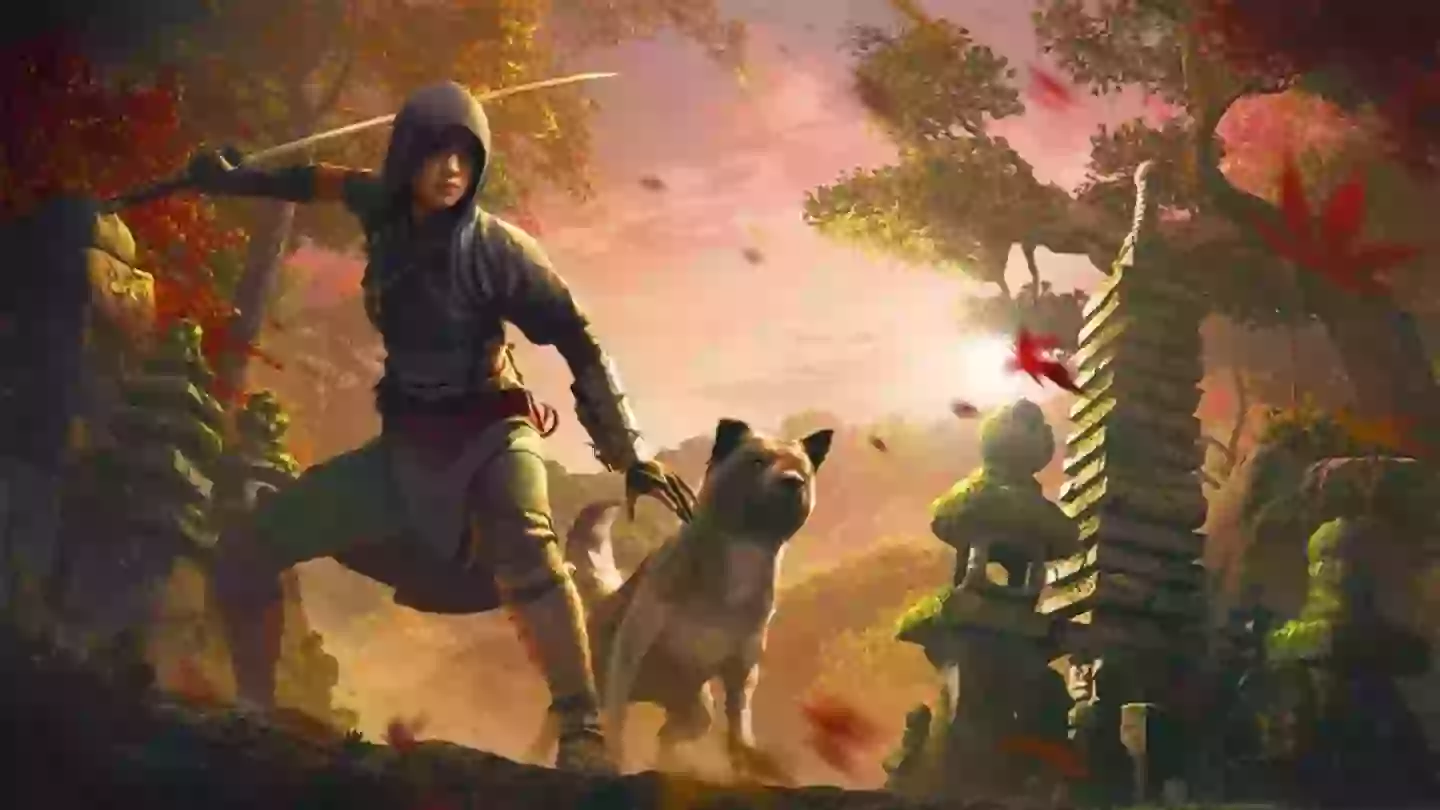
Advert
With a new Assassin’s Creed just around the corner, it has led me to wonder where else in time we could visit. What civilisations would prove to be narratively fruitful, or offer the best opportunities for exploration. Assassin’s Creed Shadows is taking us to Japan, after many years of fans asking for it.
One thing many of the games in the franchise have in common is the backdrop of war, unrest, or instability of a place. It also embraces cultures that have since vanished or been cast aside by the greater world. With that in mind, I wonder what, or where and when, is next.
China: The Opium Wars
Between the years of 1839–1842, the ‘Opium War’ was taking hold of China through a series of military engagements. The war raged due to the illegal smuggling of opium into China by the British East India Company despite the ban on opium in the country. It destabilised the government, with China exporting countless commodities, including silver, all while their shores were flooded with the narcotic substance.
Advert

As a backdrop to an Assassin’s Creed game, the player would not only learn about the injustices of the British trading bodies at the time, which spiralled out into open warfare and the sinking of many ships, but the political intrigue would ferry the narrative through several key moments of the war. Then there’s the beautiful surroundings of China, a possible return to the open waters and sailing across the seas. Moving through the bustling ports into rural areas and through opium dens would provide a great chance for high drama, but also a level of education for players.
Mexico: The Aztecs
During the 15th century, before Mexico was named, it was home to the Aztec civilisation. A game could easily be set during the initial discovery of Central America by the Spanish and the events that followed as the indigenous people were exploited and conquered by a dominant army. Many games in the franchise are set against a war, and one where culture and civilisation was being erased seems worthy of recreation through games.
Advert
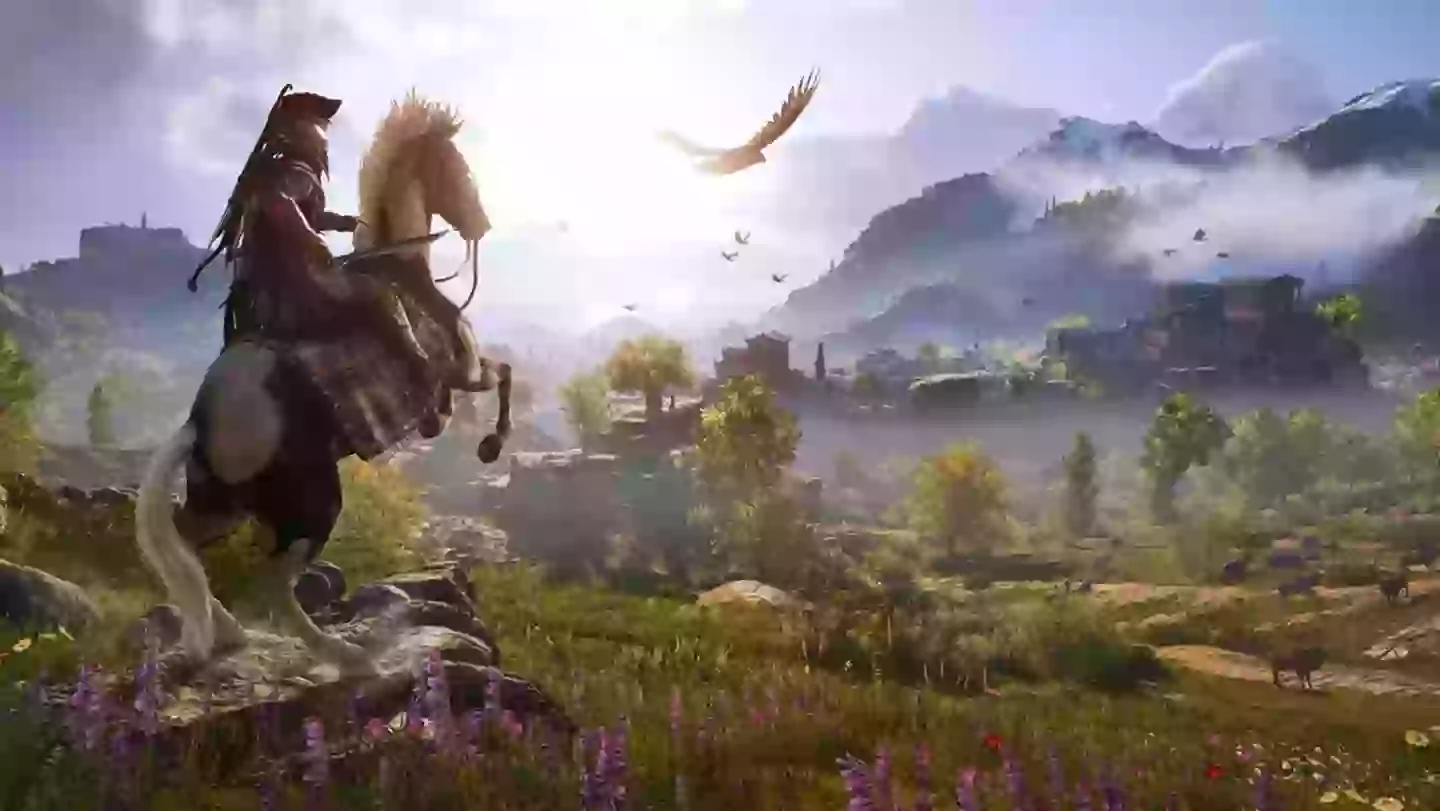
Another key narrative point for the games is the idea of rebellion, one where an oppressed people, or those seeking justice against tyranny, can fight back. As a place that offered so much to its own society, but then carried on throughout the years after historical discoveries, Central America seems a place worth putting centre stage. And that’s before even considering the architecture, religions, and artwork that has since been discovered and went on to form the backbone of Mexico.
Mongolia: The Rise and Fall of Genghis Khan
I’m imagining a vast open world, dotted with nomadic tribes, as a force washes across the country with Genghis Khan at the head. The empire that came from the rapid unification of tribes, and the bloody war fought over many years. Taking the narrative and gameplay away from bustling centres of culture, we could focus on the smaller populations that attempted to survive during the conquests of Khan.
Advert
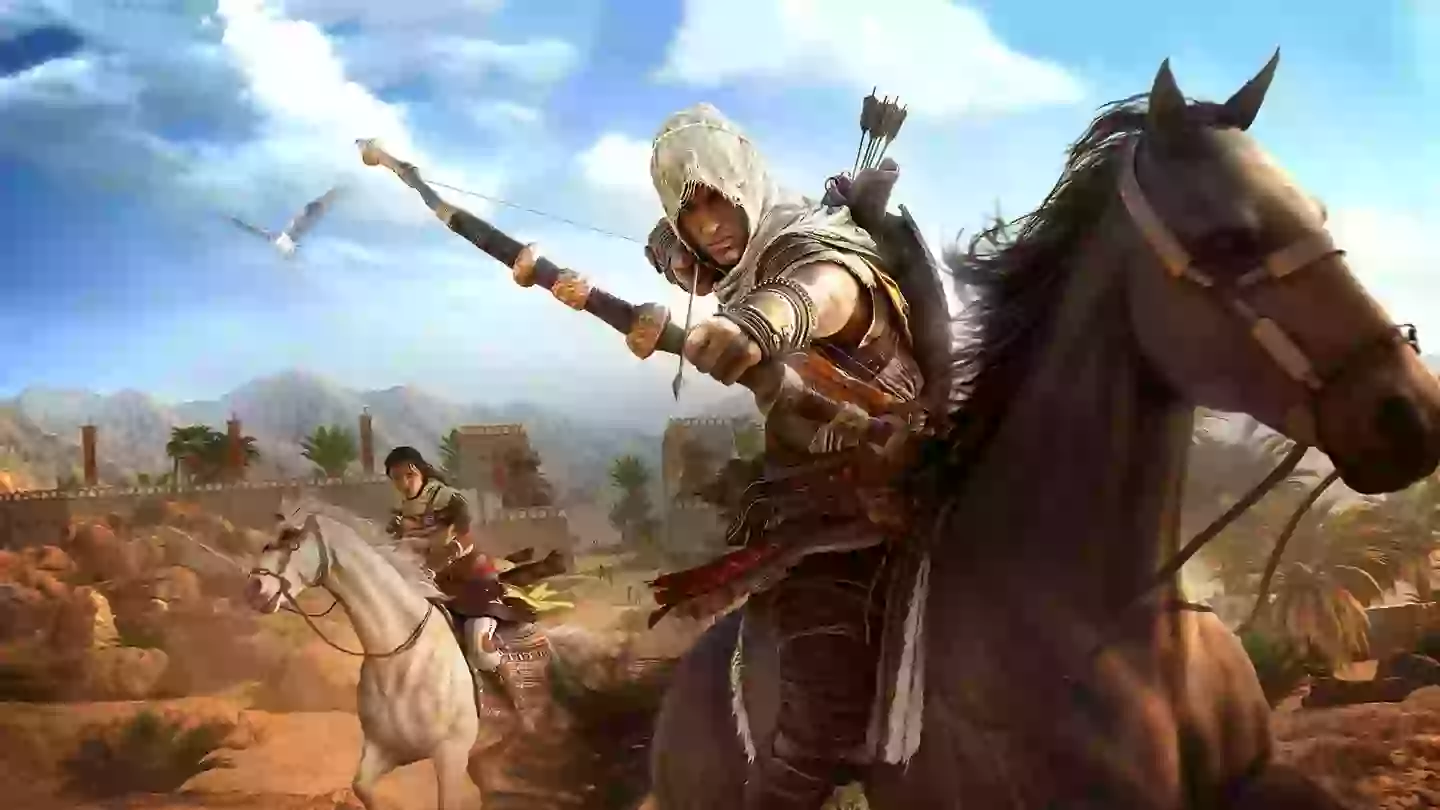
We’ve seen how, with the right frame of mind, developers can create a vibrant and engaging story set against a small populace. I’m thinking of Rockstar Games and their Red Dead series here. With the right character, someone fighting back against Khan and his allies, we could watch the rise and fall of the empire through the eyes of the people within the clans and tribes, rather than with an overview of Khan and his actions.
South Africa: The Zulu War
Again, we’re painting a backdrop from war and the oppression of a people as Britain waged war on Southern Africa. Fuelled by the idea of cheap labour in a foreign land, one that would provide exports of sugar, metals, and minerals, an uprising of a Zulu assassin aiming to take back some form of freedom would be a great avenue for exploration. The oppression of the African people, something that continued long after the Atlantic Slave Trade was established, can offer a vicious and evil enemy at the door of those simply living their lives.
Advert
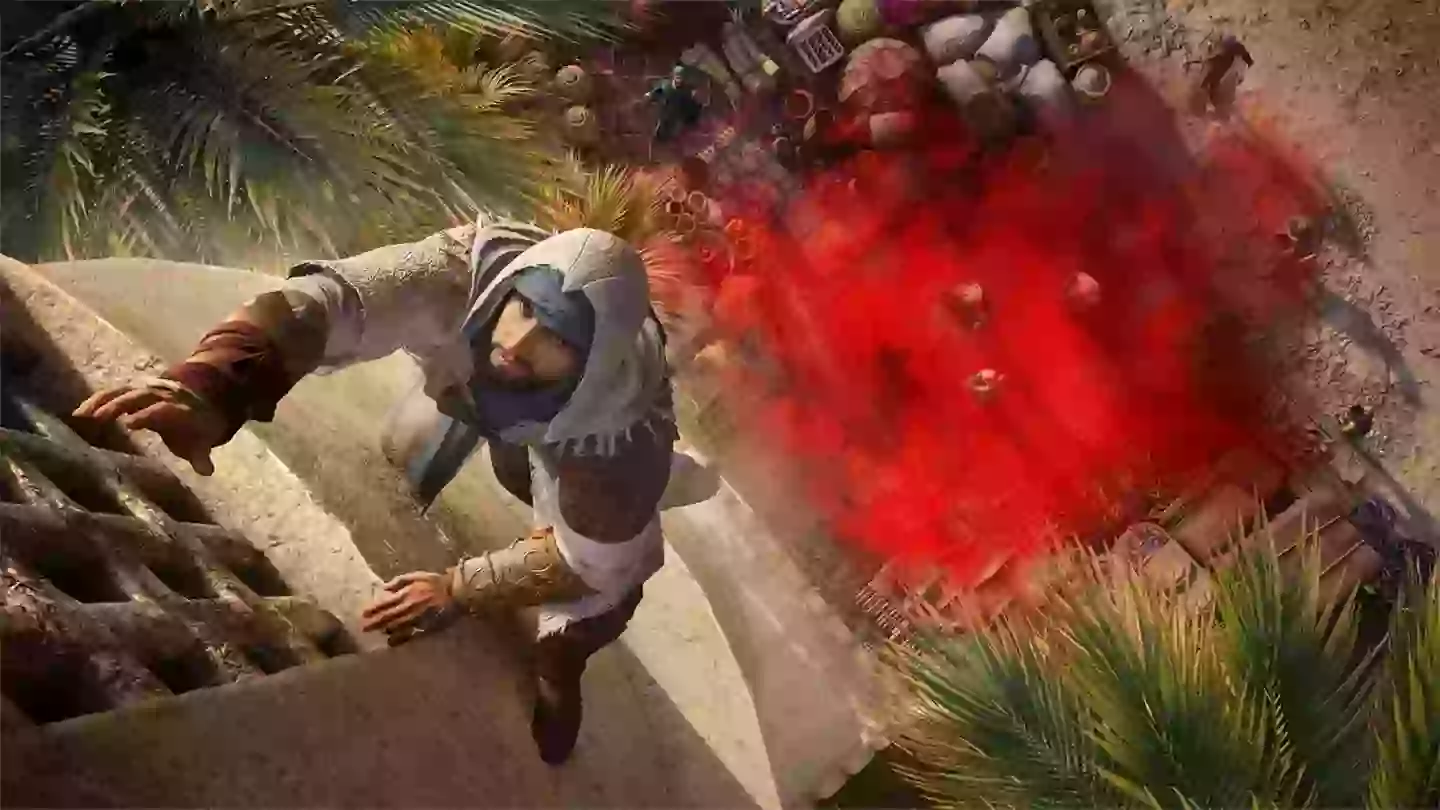
The uprising, the ensuing war, and the many British figures living within an occupied South Africa, named Zululand at the time, would hand our would-be assassin many targets. Of course, the story could take us through the landscapes of unspoiled Africa while visiting townships and centres of commerce and culture. It might not provide a lot of parkour opportunities, but the story could take us over to British shores where Gothic architecture reigned.
Rome: The Fall of an Empire
Several Assassin’s Creed games have referenced or touched on the Roman Empire, but it would be great to witness the fall of the Roman Empire from someone on the ground, among the populace. It could even be a precursor to what would come many centuries later during the Renaissance, when we first met Ezio in Assassin’s Creed 2.
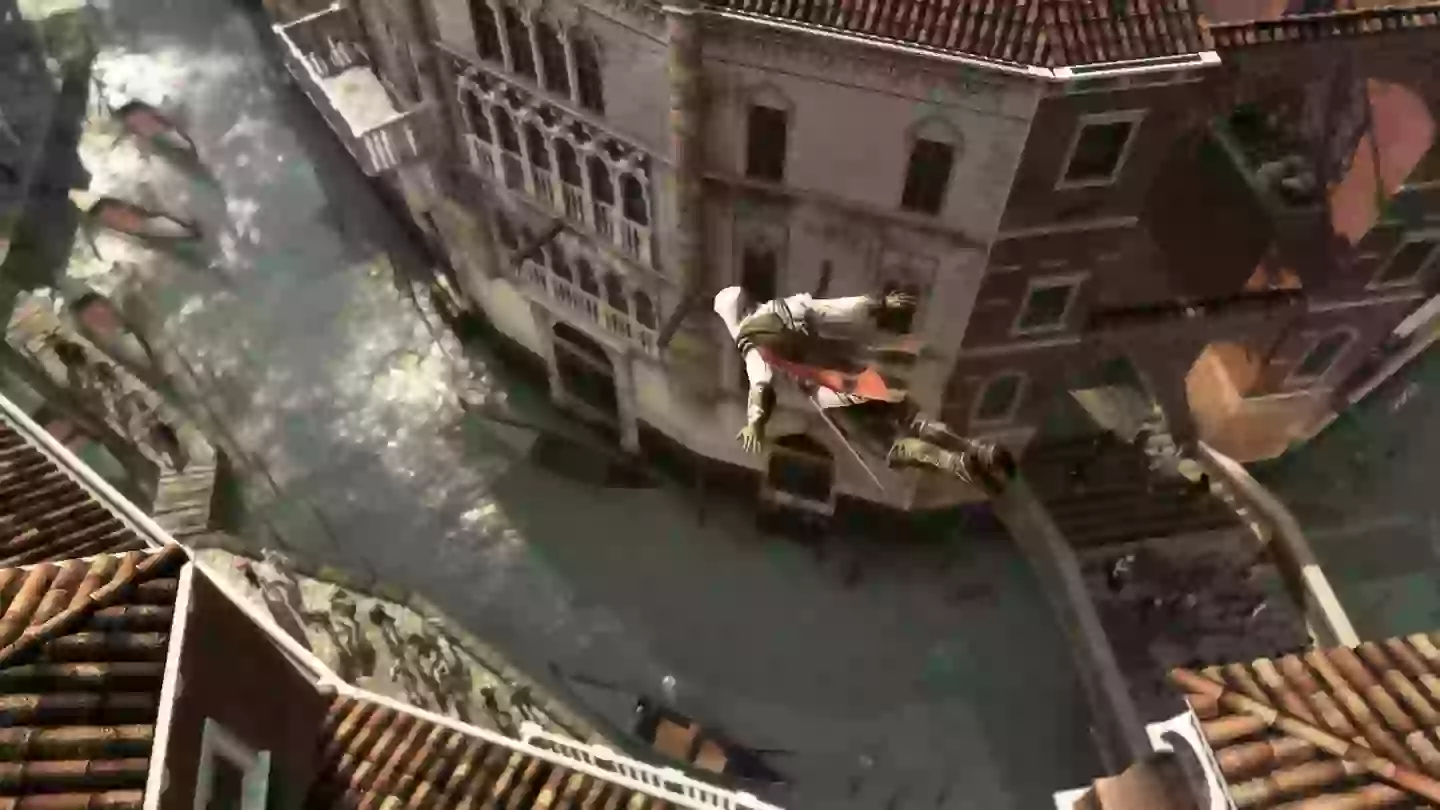
With the rise of the Eastern Empires, and the fall of the economy in Rome due to its overreliance on the slave trade, perhaps an enslaved youngster could take on the mantle. Not only does this provide a fascinating collapse of a society that once ruled much of the world, but it would touch on the key tenets of the franchise - corruption, oppression, and religious values. Then there’s the astonishing countryside paired with the traditional architecture and art that would perfectly frame a story of espionage.
Topics: Assassin's Creed Shadows, Assassins Creed, Assassins Creed Valhalla, Ubisoft, Opinion
